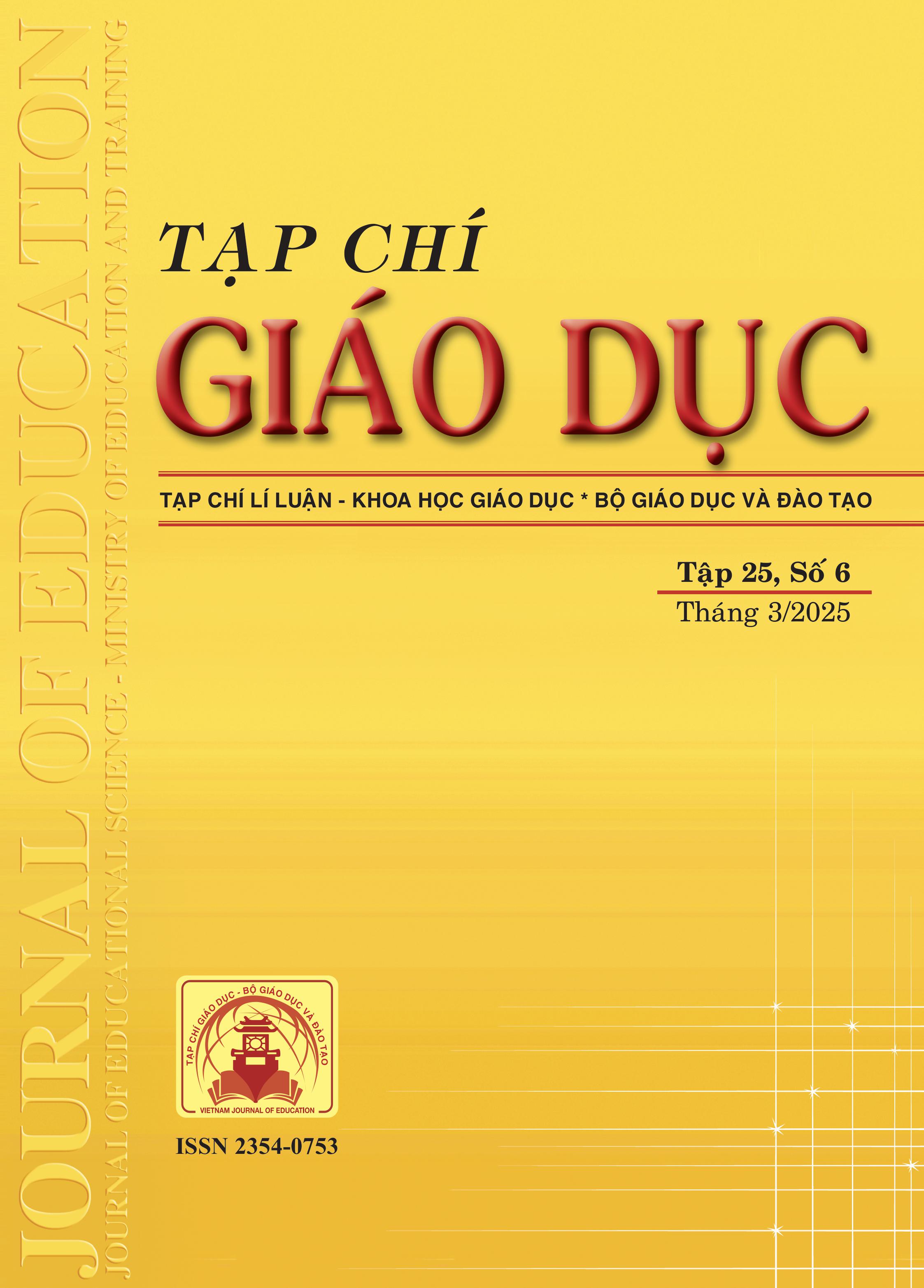Sử dụng lớp học đảo ngược để cải thiện mức độ tham gia của sinh viên trong dạy học kết hợp
Tóm tắt
In the digital age, technology has transformed education, introducing innovative methods to improve learning outcomes. Blended learning, combining face-to-face and online instruction has become a prominent approach in higher education. Student engagement, encompassing cognitive, emotional, and behavioral aspects, is crucial to the success of this model. The flipped classroom, an innovative strategy, enables students to self-study through lecture videos before or after class, turning the classroom into an interactive space for discussions and collaboration. By integrating the strengths of both blended learning and the flipped classroom, this approach enhances student engagement and learning effectiveness. This study examines the impact of the flipped classroom in blended learning through its application in an IT Project Management course with 104 students. The results show that most students were satisfied with self-directed learning, reporting notable improvements in motivation, self-study skills, practical abilities, and problem-solving competencies.
Tài liệu tham khảo
Johny, R. K., & Joshi, D. (2022). The impact of blended learning on student engagement in the digital era. European Chemical Bulletin, 12, 727-735. https://doi.org/10.48047/ecb/2023.12.si12.063
Le, P. (2018). Design of teaching mode under the perspective of flipped classroom—On the course of project management. 4th Annual International Conference on Management, Economics and Social Development
(ICMESD 2018), Advances in Economics, Business and Management Research (AEBMR), 60. https://doi.org/10.2991/icmesd-18.2018.65
Li, Z. (2023). Design and application of blended learning based on flipped classroom. Proceedings of the 2023 4th International Conference on Education, Knowledge and Information Management (ICEKIM 2023). https://doi.org/10.2991/978-94-6463-172-2_199
Lu, H. (2016). Feasibility analysis of the application of “flipped classroom” model based on micro-class in college English teaching. Foreign Language Audio-Visual Teaching, 4, 33-36. https://doi.org/10.2991/emim-16.2016.371
Mbombo, A. B., & Cavus, N. (2021). Smart university: A university in the technological age. TEM Journal, 10(1), 13-17. https://www.temjournal.com/content/101/TEMJournalFebruary2021_13_17.pdf
Nguyễn Duy Hải (2024). Đổi mới phương pháp dạy học đại học với mô hình dạy học kết hợp: Chia sẻ kinh nghiệm từ Trường Đại học Sư phạm Hà Nội. Kỉ yếu Hội thảo Quốc gia về Chuyển đổi số trong Công tác Đào tạo Đại học. Trường Đại học Kinh tế Quốc dân.
Wasriep, M. F. (2023). Active learning: The essence of flipped classroom learning. The 11th International Conference on Indigenous and Cultural Psychology (ICICP 2023). https://www.researchgate.net/publication/372165103_Active_Learning_The_Essence_of_Flipped_Classroom_Learning
Tải xuống
Đã Xuất bản
Cách trích dẫn
Số
Chuyên mục
Giấy phép

Tác phẩm này được cấp phép theo Ghi nhận tác giả của Creative Commons Giấy phép quốc tế 4.0 .












